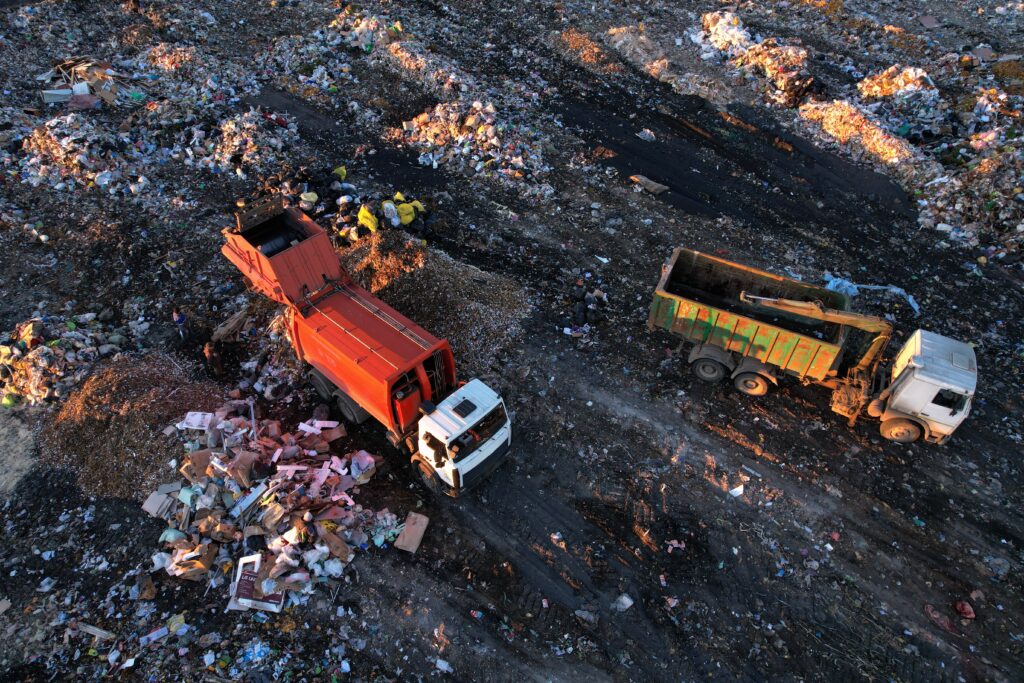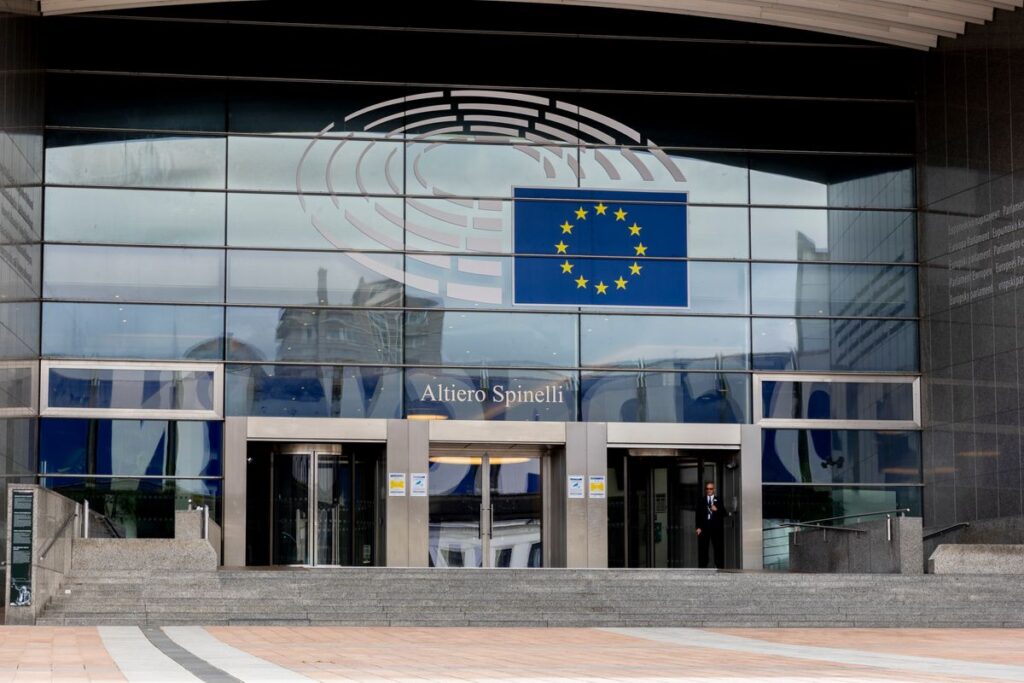From 16 July 2004, fluorescent lamps, which contain mercury, will be classed as hazardous waste under the European Landfill Directive. Every user of fluorescent lamps will have a 'D;uty of Care' under legislation to dispose of them correctly.
”With the cost of hazardous waste landfill set to rise, recycling is becoming a more viable option for businesses.“
– Andy Carey, Biffa
This will mean that fluorescent lamps can only be recycled, or disposed of at designated hazardous landfill sites. But the Environment Agency estimates that there will be less than 10 hazardous waste landfill sites available for fluorescent lamp disposal in the country.
Biffa says the cost of disposing of such lamps at landfill is expected to increase by a significant margin, but recycling the lamps to recover the mercury within the lamps will become an increasingly viable alternative.
The company itself runs a lamp recycling service, Backtrack, which can arrange separate collection of fluorescent lamps and provide businesses with specialised waste containers for their safe disposal.
“With the cost of hazardous waste landfill set to rise, recycling is becoming a more viable option for businesses,” said Andy Carey, Biffa general sales manager for special waste. “At the same time mercury is a valuable natural resource, so recovering it, along with other materials within the tubes, makes sound environmental sense.”








Subscribe for free